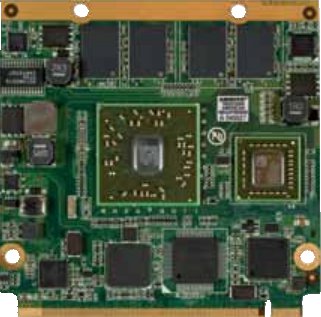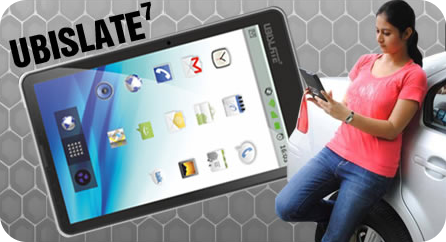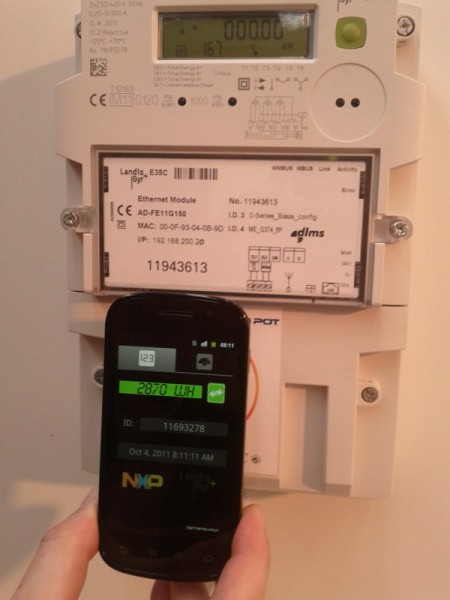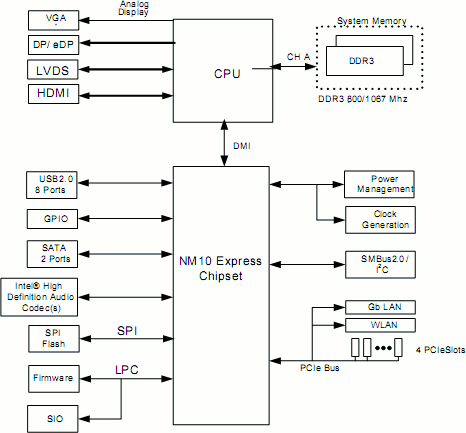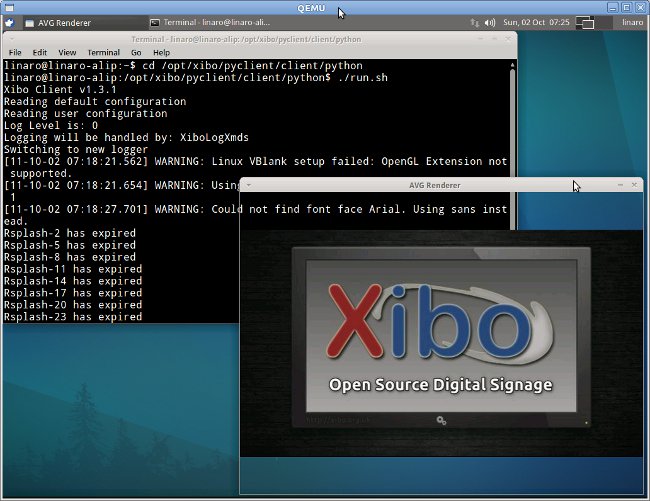You can easily install an arm cross-compiler on Fedora as follows: cd /etc/yum.repos.d/ sudo wget http://ftp.linux.org.uk/pub/linux/arm/fedora/cross/cross.repo sudo yum install armv5tel-redhat-linux-gnueabi-gcc You can check the installation worked by checking the cross-compiler version [jaufranc@localhost ~]$ armv5tel-redhat-linux-gnueabi-gcc -v Using built-in specs. Target: armv5tel-redhat-linux-gnueabi Configured with: ../configure –prefix=/usr –mandir=/usr/share/man –infodir=/usr/share/info –enable-shared –enable-threads=posix –enable-checking=release –with-system-zlib –enable-__cxa_atexit –disable-libunwind-exceptions –enable-languages=c,c++ –disable-libgcj –with-sysroot=yes –enable-version-specific-runtime-libs –target=armv5tel-redhat-linux-gnueabi Thread model: posix gcc version 4.1.2 20070925 (Red Hat 4.1.2-33.fa1) This will only install the C compiler (gcc), to install the C++ compiler, run the following command: sudo yum install armv5tel-redhat-linux-gnueabi-gcc-c++ Tested in Fedora 12. Jean-Luc Aufranc (CNXSoft)Jean-Luc started CNX Software in 2010 as a part-time endeavor, before quitting his job as a software engineering manager, and starting to write daily news, and reviews full time later in 2011. www.cnx-software.com
AMD G-Series QSeven Module Conga-QAF by Congatec
Congatec announced the Conga-QAF, a Qseven module powered by AMD G-Series embedded processors. The module will come with either the AMD G-T40R single core or the AMD G-T40E dual core processor, with 2 GB DRAM by default (expandable to 4GB), numerous I/O interfaces and an optional on-board SSD with a capacity of up to 32 GB. If you are not familiar with the QSeven Form Factor and why it is used, please read the beginning of the blog post entitled “QSeven Form Factor Embedded Boards by Seco“. To summarize, this is a standard to allow developers to use modules (based on QSeven specs) to test their software on several processors by inserting those modules in a common main board. Here are the specification of the Conga-QAF Qseven module: CPU AMD G-T40E 1.0 GHz Dual Core (L1 cache 64KB, L2 cache 512kB x2, 6.4 W) AMD G-T40R 1.0 GHz Single Core […]
60 USD Android Tablet: Aakash UbiSlate 7 Tablet
After much delay, the low cost tablet promised by the Indian government is finally released. The Aakash UbiSlate 7 is designed primarily for Indian students and will be sold to them at a discount. The tablet will be manufactured by Datawind in Hyderabad, India. The retail price will be 2,999 Rupees (~61 USD), but it will be sold to the government for 2250 Rupees (~46 USD) and will end up in the hands of students for a sponsored price of 1300 Rupees (~26 USD). Here are Aakash UbiSlate 7 Tablet Specifications: Processor: 366MHz Conexant Processor Memory: 256MB RAM Storage: 2GB Flash memory + 2GB Micro SD card (expandable to 32GB) OS: Android 2.2 with Getjar Marketplace (not the default Android Marketplace) Display: 7″ resistive touchscreen Network: Wifi only. Later models will be GPRS and SIM enabled. USB: 2 x ports Audio out: 3.5mm jack / Audio in: 3.5mm jack Battery: […]
NFC Smart Meter Demo by NXP and Landis-Gyr
NXP and Landis+Gyr are showcasing smart meters equipped with NFC technology at the Metering Europe 2011 event in Amsterdam this week. The companies are demonstrating how utility companies will be able to use NFC smart meters to: Save money by removing the need to include an LCD display in a smart meter. Meter readers will instead use an NFC-enabled phone to take a reading from the meter and then use their handset to collect and view current and historical energy consumption. Use an embedded secure element in the smart meter to increase customer privacy while at the same time providing the necessary level of access to installation and service technicians. Enable authorised maintenance technicians to download metering information to handsets or tablets as well as upload firmware updates to the meter via NFC. Use secure device pairing to deliver home area network (HAN) capabilities. Provide secure and convenient pre-payment of […]
Intel Unveils Cedar Trail Atom Processors: N2600, N2800, D2500 and D2700
Intel recently published the Intel® Atom™ Processor D2000 Series and N2000 Series Datasheet (PDF). The D2000 and N2000 Series (Codenamed ” Cedar Trail”) includes four new CPUs targeted at Desktops (D2000 Series) and Netbooks (N2000 Series): Atom N2600 @ 1.86 GHz – Up to 2 GB memory – 42 USD Atom N2800 @ 2.13 GHz – Up to 4 GB memory – 47 USD Atom D2500 @ 2.13 GHz- Up to 4 GB memory – 42 USD Atom D2700 @ 2.40 Ghz – Up to 4G memory – 52 USD Those processors will be manufactured using 32nm technology and the D2000 series will replace the existing Atom N475 and N455. The CPUs will also feature an integrated GPU (SGXS45 PowerVR Core) that supports DirectX 10.1 technology and OpenGL 3.0. The processors will support Blu-Ray 2.0 and resolution up to 1080p (1920×1080) and even 2560×1600 for D2000 series via the DP […]
Xibo Digital Signage on ARM (Beagleboard / Overo)
Xibo (pronounced eX-E-bO) is an open source, multi-display, multi-zone, fully scheduled digital signage solution written in Python (there is also a dotnet version). This is a client /server solution that can run on Windows or Linux. If you are not familiar with Xibo you can visit http://xibo.org.uk/ or/and read my introduction XIBO: An Open Source Digital Signage Server/Client. Since I had not seen digital signage solution running on low cost ARM development platform such as Beagleboard, Pandaboard or Origen, I decided to give the Xibo python client a try using qemu to emulate Gumstix Overo COM (OMAP 3530). Porting Xibo to ARM could provide several benefits compared to x86 platform: Lower hardware cost Lower power consumption (and electricity bill) Smaller form factor allowing easier integration in displays and in transportation (e.g. buses, subway trains). Easier to implement new digital signage features such as touch screen support, 3G connectivity, location based […]
Android Developer Conference: DroidCon 2011 Schedule
DroidCon UK will be held for two days (October 6th & 7th 2011) at the Islington Design Center in London and boasts to be United Kingdom’s largest Android-only developer conference. Here’s the program for day 1 (6th of October): 9:00 Barcamp Talks will be selected by attended among the following proposals: From Publisher to Platform – the role of OpenSource in engaging with developers by Oscar Clark, Papaya Mobile. Reality of Mobile Advertising by Terence Eden, Inmobi. OpenGLES2 & Android QEMU Emulator by Jonathan White and Jose Commins, Accenture. Enhancing User Experience with HTC: 3D, Pen, and Audio Lance Nanek, HTC. Cisco Workshop by Marcus O’Sullivan, Cisco. OpenGL & NDK by Ashraf Hegab, Orange. Fed up with trying to make pay per download pay back? Try API revenue share by James Parton, o2. (Re)Branding Headache? Here’s your Pain Killer by Joana Cruz e Costa, Masabi. Smooth and User Friendly UI […]
Linaro 11.09 Release with Linux Kernel 3.0.4
Linaro has just released version 11.09 based on Linux Kernel 3.0.4. Here are the highlights of the release: Android Ethernet Configuration Manager from the x86 Android project is now available in all builds. Ethernet now works on Panda, Staging Panda, Beagle, Beagle xM, Staging Snowball. QA on all boards for the 11.09 Linaro Android Builds. Daily builds of Android toolchain against gcc-linaro bzr repository is provided. Android is now compiled with GCC4.6 with -O3. Busybox is built from source in all Android builds. glmark2 added to all the official builds for Android. Powertop is now available on Android. Linaro’s 11.09 toolchain has been benchmarked. All Android builds are running with the 11.09 toolchain. The MLO that Panda and Staging Panda uses for Android uses gets built from source from the upstream git. An OMAP4460 Android build is available from android-build. Panda supports Bluetooth. Panda supports Wi-Fi. Snowball Android A-release from […]



